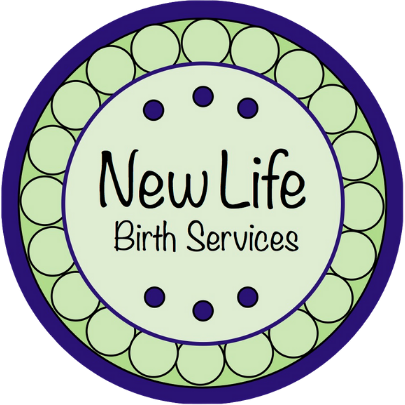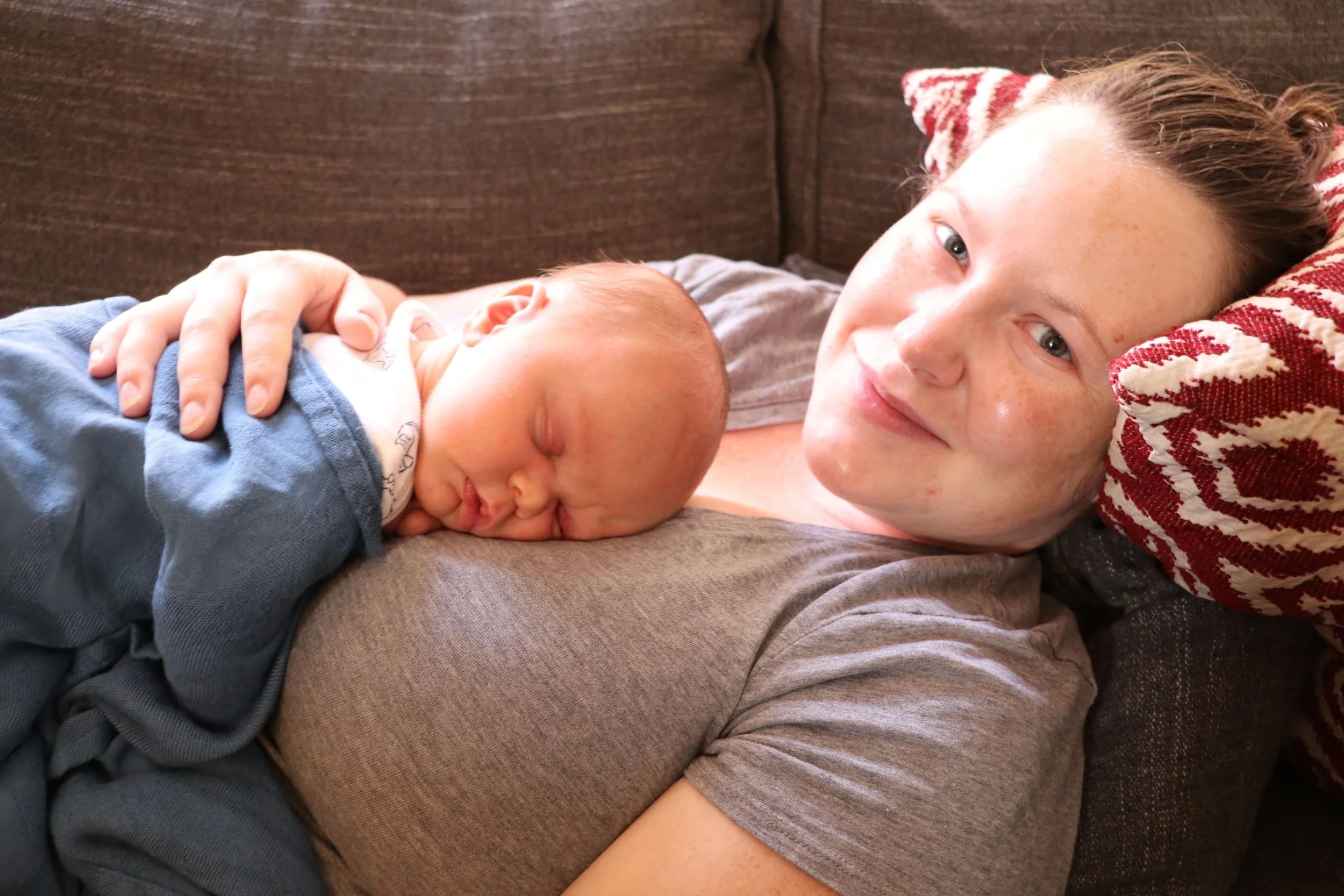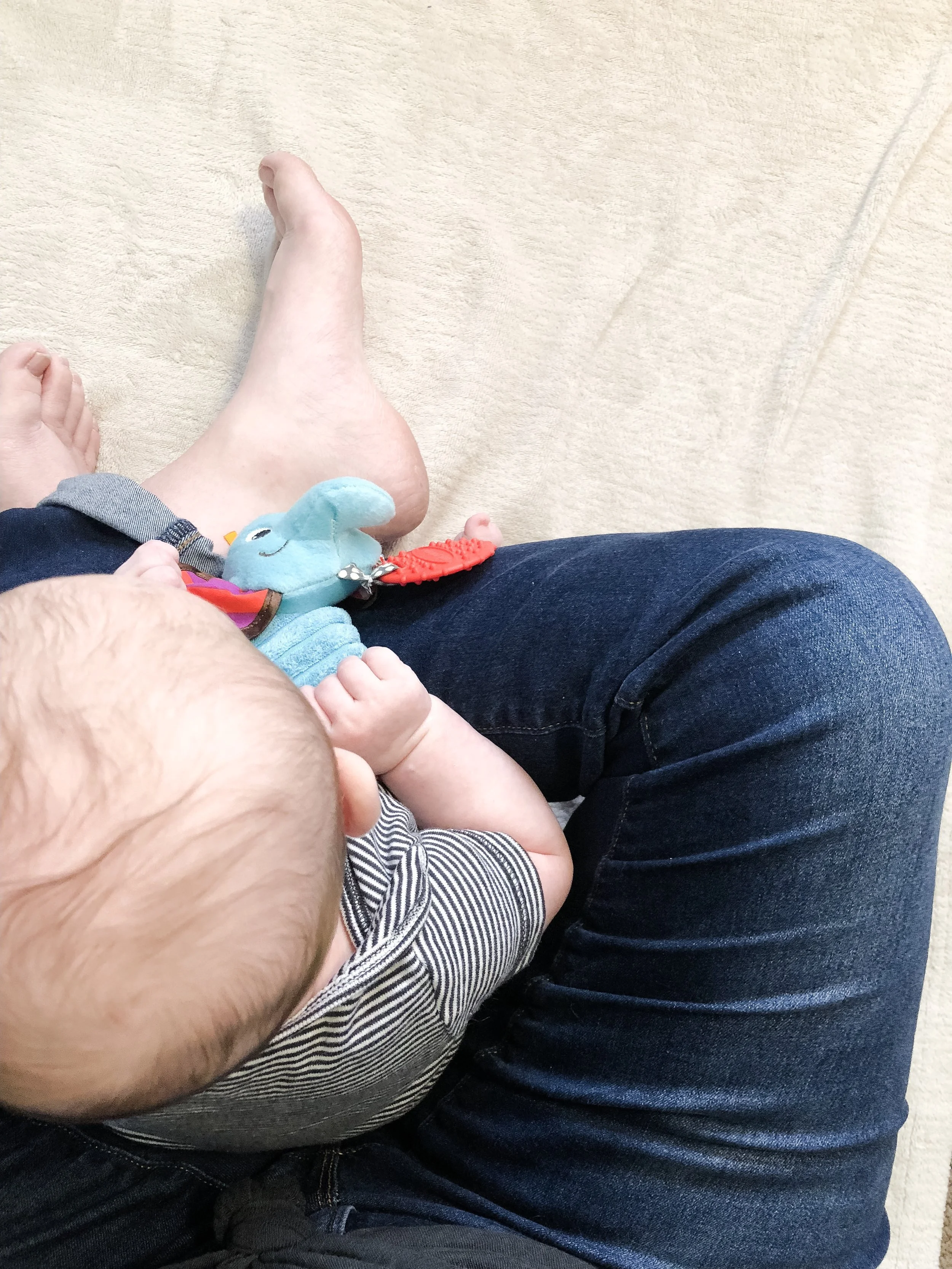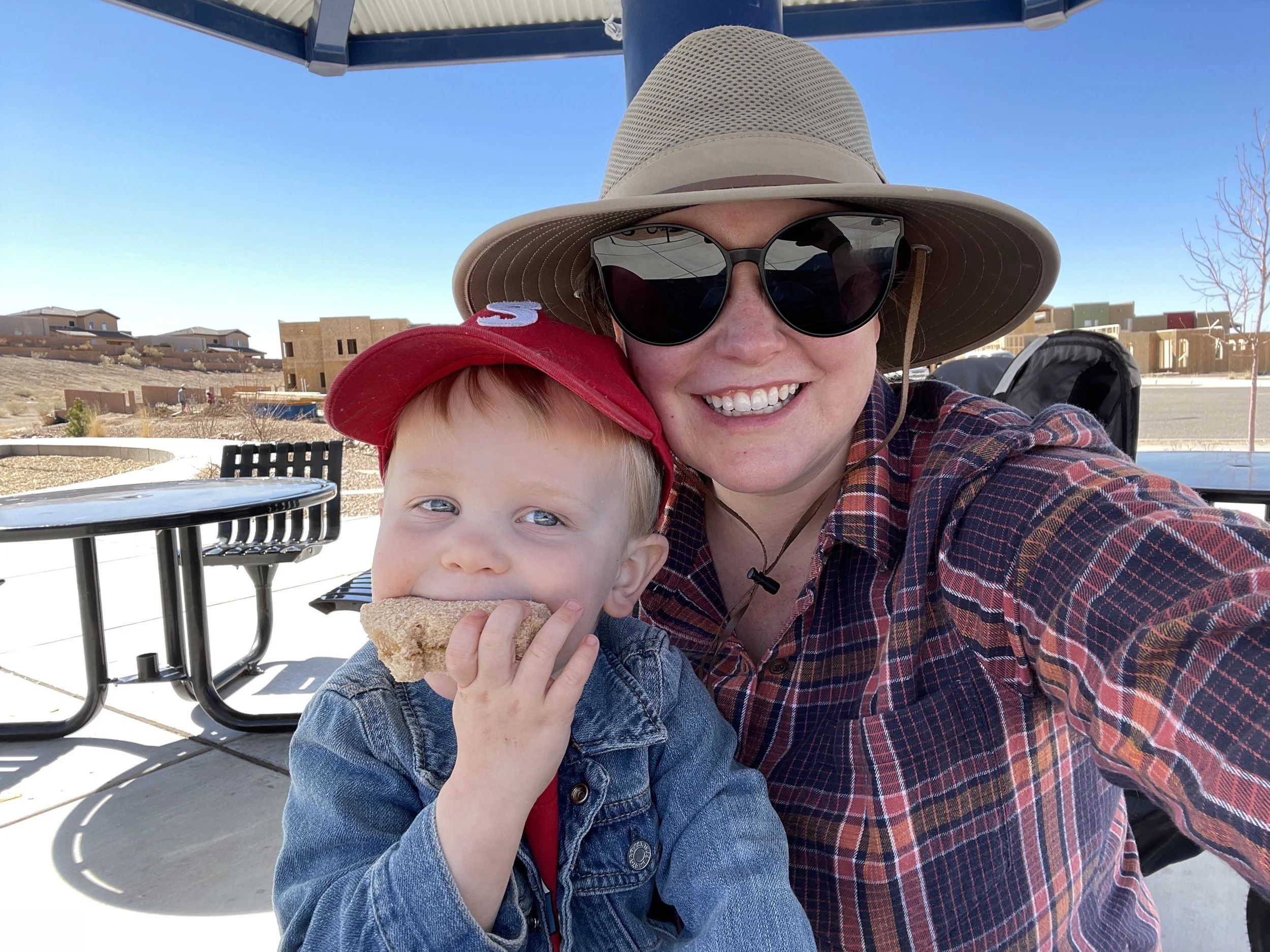What I Unlearned about Postpartum Depression
They told me in my doula training that Postpartum Depression and Maternal Mental Health Disorders can take many different forms. I learned that it could happen to anyone. They told me that in some cases, mental health disorders took years to resolve. When I had my son in 2018, I felt prepared to become a parent. We planned our pregnancy and were very lucky that it was uncomplicated. We had the support of loving doulas, wonderful midwives, and family. What could go wrong? Postpartum Depression wasn’t going to happen to me… But then it did.
I didn’t immediately acknowledge that I was struggling with a mental health disorder. At 6 weeks postpartum, after screaming in rage at my newborn, I looked at my husband and through tears said, “I think I have postpartum depression.”
I found acceptance and a little bit of humor in his response. He said, “I’d be surprised if you didn’t.”
I reached out to a therapist the next day and scheduled an appointment. I saw her, and we had a nice conversation, but I wasn’t feeling overwhelmed when we met. I saw her a few times after, but each time we met, I didn’t feel the need to see her, even though I was diagnosed with a postpartum mood disorder. It was in the in-between moments that I needed help. In the middle of the night, or after the 14th feeding of the day. I could not think of a way that I could let others help me, despite their offers. I carried on. I put postpartum mental health disorders out of my mind.
I returned to work attending births at 9 months postpartum. Daily life was fine, and then it wasn’t. I felt fine, and then a switch would flip and I would feel absolute rage at everything and everyone around me. In the first year postpartum, I met up monthly with a group of women who had given birth within eleven days of one another. They’re all lovely people and to this day I feel a lot of love for each of them. These meetups were great for catching up and even talking about the hard things, but I would leave feeling so bitter. Motherhood looked easy to them, even despite the struggles we shared over snacks and coffee. These women didn’t appear to be struggling in the same ways I was. I never felt like I had it together. Daily life felt completely overwhelming to me while others seemed to be carrying on with their lives. I felt stuck.
As the months went on, this rage was just something I lived with. It was just a part of me. It was something that came up now and then, sometimes more than others. It was just how things were. I was a mom and it “didn’t come naturally”. I was an “it’s-a-struggle” mom. Eventually, I started to try to find peace with that. I was honest with myself and with others about how I was doing. I wish I had returned to therapy around this time, because in hindsight it may have expedited my recovery. Around 2 years postpartum, I felt my head come above the water once. I took a breath. Things felt light. Daily life was not always a struggle then. As I bobbed there in the water, going under and coming back up, I began to understand what I needed to have more of the “above the water” days.
I began to see my rage and discomfort with parenting as something I had some control over. I couldn’t necessarily control the feelings to make them go away, but I knew the warning signs and I began to understand how I could better care for myself so that these feelings didn’t creep up as often. I started to feel rage and overwhelm less often. I set boundaries to allow for self-care and to avoid feeling like I had too much extra on my plate.
As time went on, I began to look in hindsight. I see that I still had a postpartum mood disorder and that it didn’t end when I put it out of my mind. I was still very much struggling then. As I reflect, I can see that those women I met with monthly during the first postpartum year likely did struggle with things, and maybe they didn’t feel like they had it together, either. My feelings were a reflection of my own mental health and had nothing to do with others. I can see that now, but I didn’t see that then. I’m sharing it now to maybe help others feel not so alone.
Today, Almost four years later, I see a therapist on a recurring schedule. Sometimes I feel like I need to talk to her, and sometimes I don’t, but I keep the meetings as scheduled because I’ve seen how they help in the long run. I know that professional mental health providers are not accessible to everyone. One resource that may help provide more accessibility is Open Path Collective. Therapists in this collective offer drastically reduced-cost therapy to members who make under $100,000 per year in household income.
Postpartum Mental Health Disorders come in a variety of flavors. If you’ve struggled in the past, are still struggling, or even if you think you’re “over it”, don’t give up. People talk a lot about how “help is out there”, but when you’re so overwhelmed, it can be hard to see how anything is helpful. Keep trying. Find someone who will listen without judgment. If that person is a therapist or friend, share honestly. Don’t overestimate the power of boundary setting. I’m here to tell you that it does get better, but it is sometimes a marathon, and the finish line isn’t where you thought it was when you started. Recovery is not linear, but baby steps will get you there.
Today, I feel overwhelmed sometimes, but it’s not all-encompassing. Most days are “head above water” days, and I’m so grateful for that. I don’t wish Postpartum Mental Health Disorders on anyone, but if you have a similar experience to mine, I want you to know you’re not alone. You’re not a bad parent. You’re not crazy. You’re not bound for a lifetime of struggle. Your head will bob above the water, too, and in time, you’ll learn to float.



